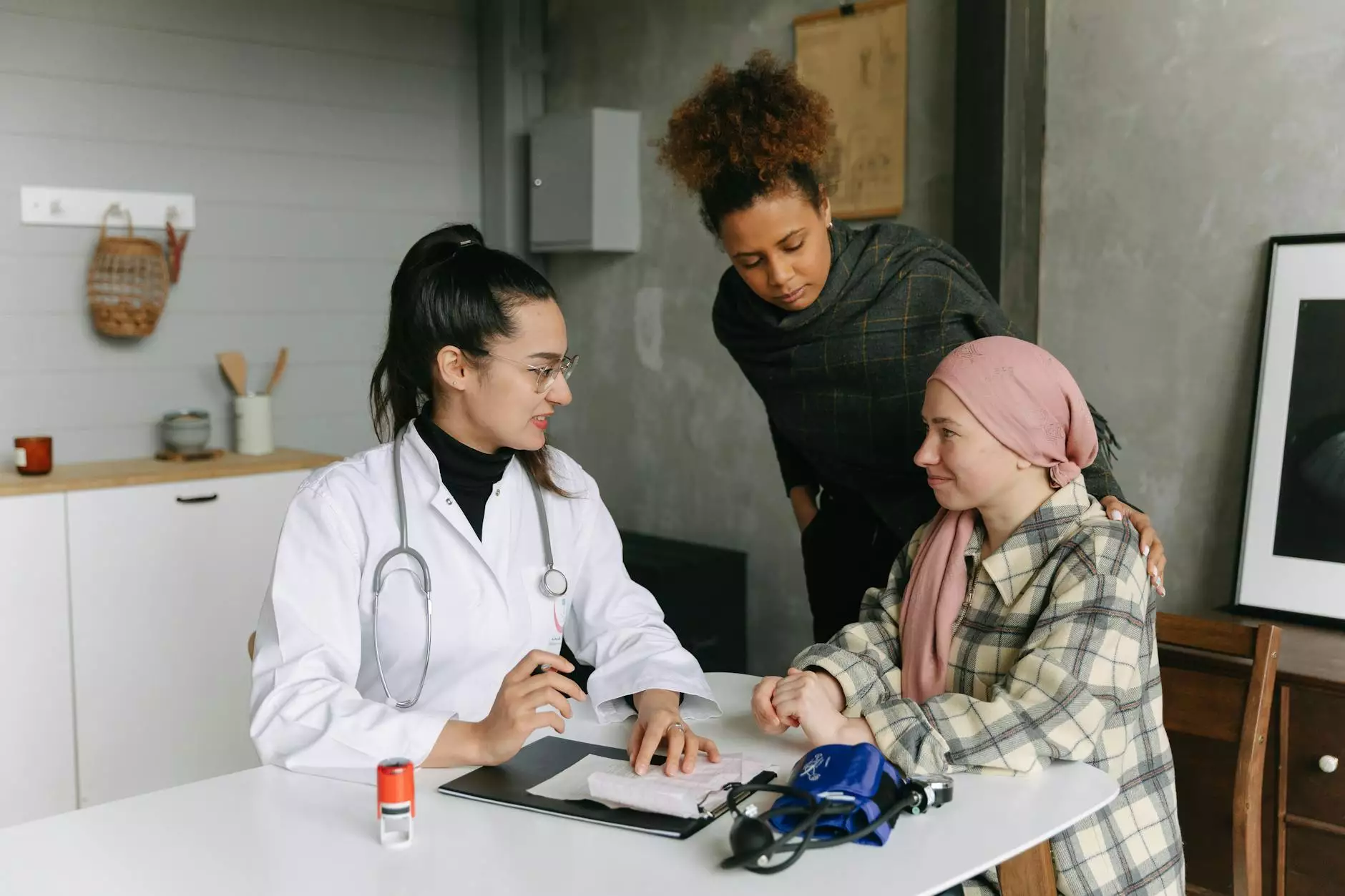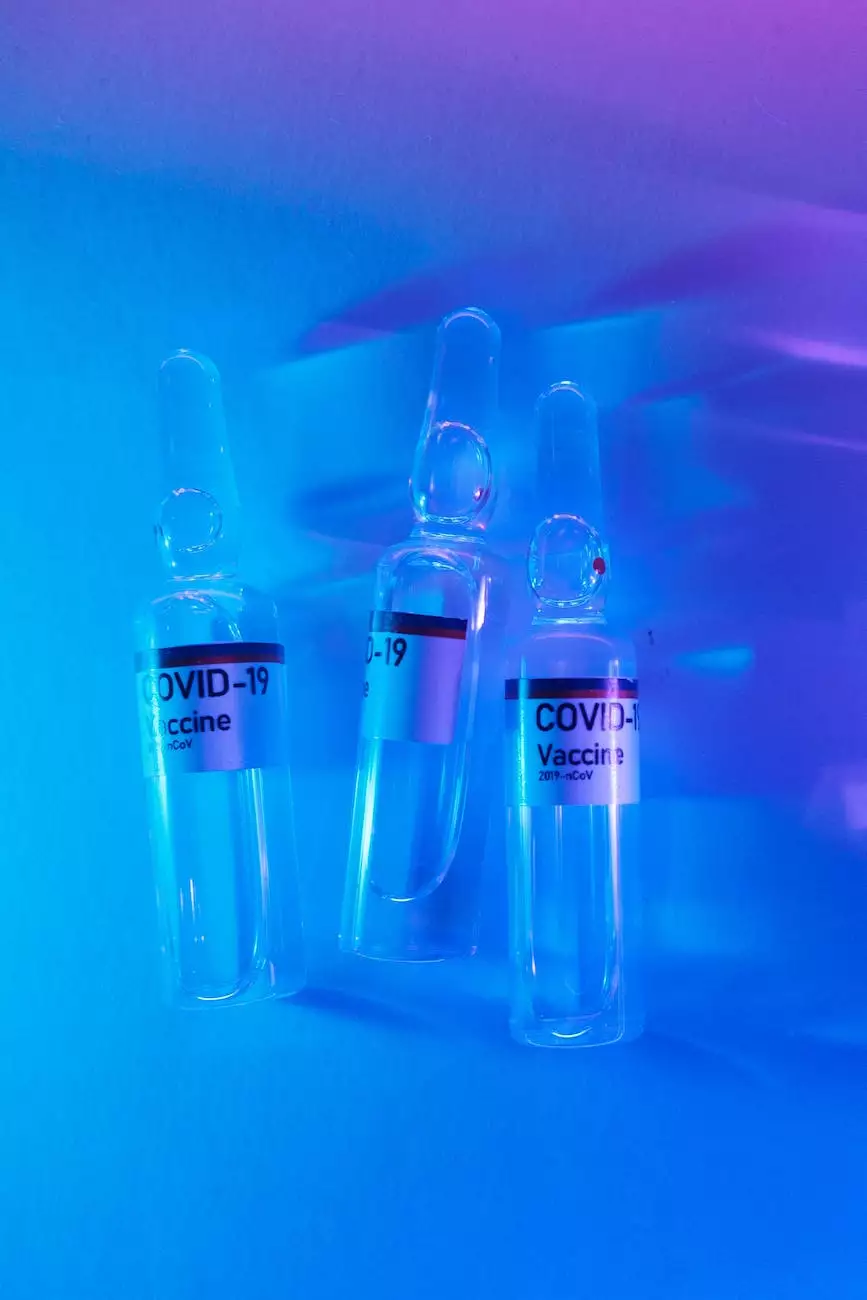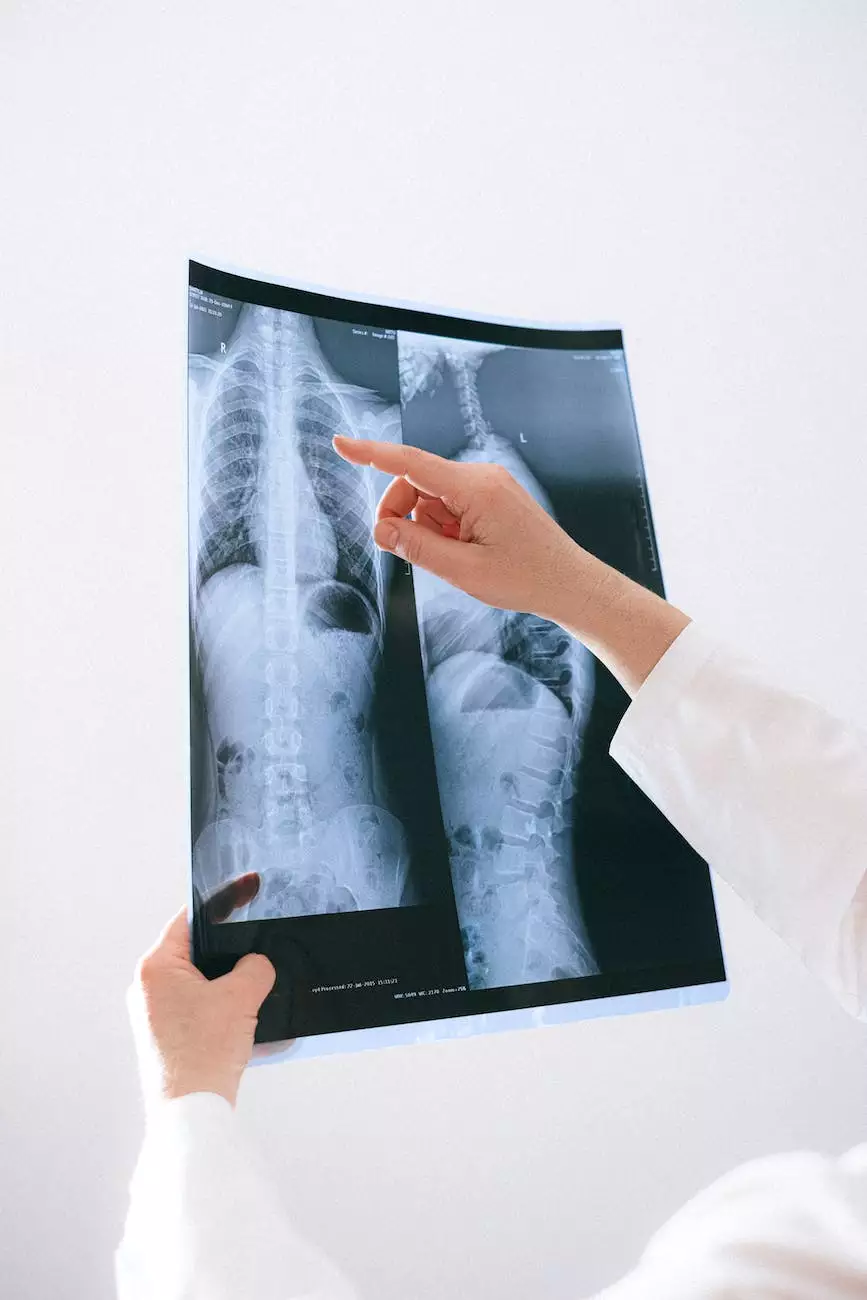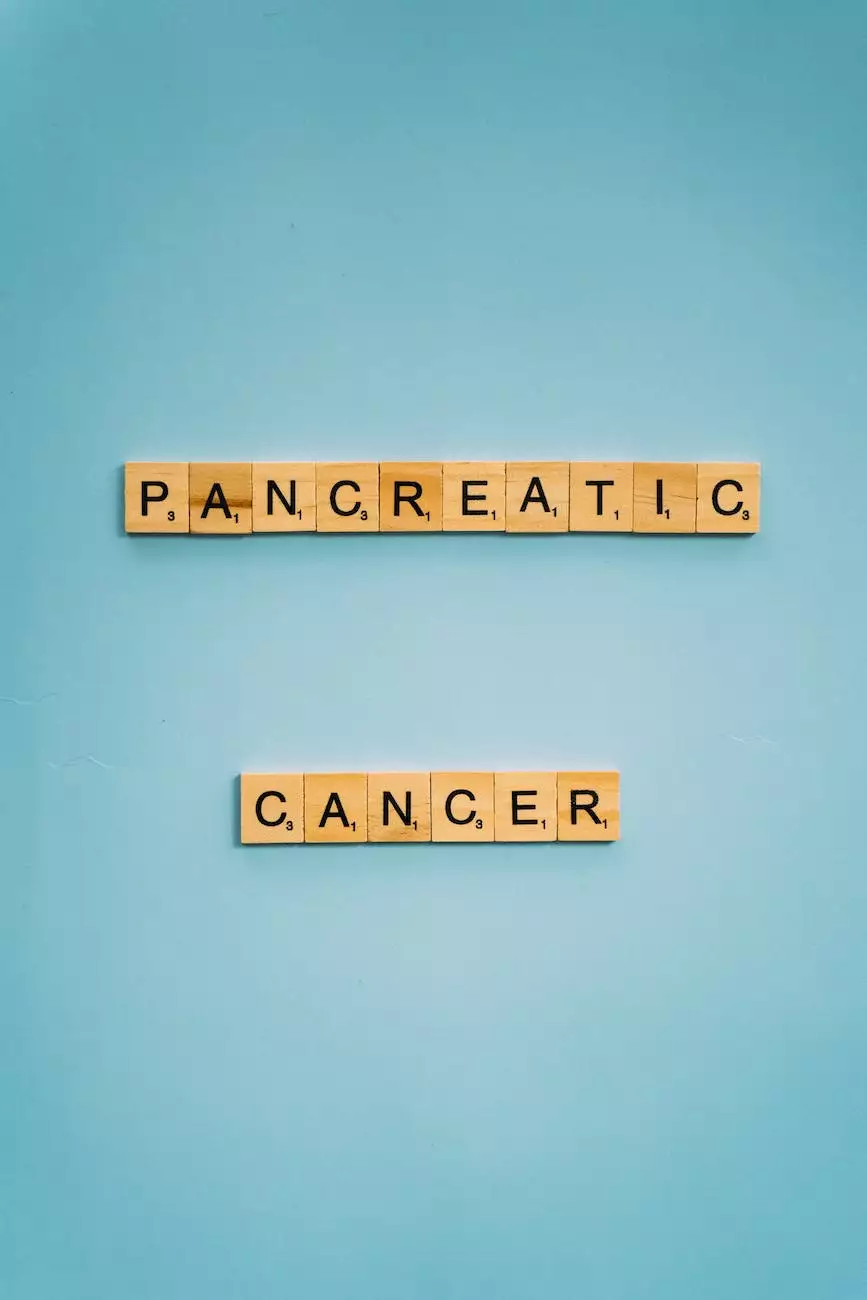Non-Hodgkin's Lymphoma

Understanding Non-Hodgkin's Lymphoma
Non-Hodgkin's Lymphoma (NHL) is a type of cancer that affects the lymphatic system, which is the part of our body's immune system. This condition occurs when lymphocytes, a type of white blood cell, grow abnormally. Unlike Hodgkin's lymphoma, Non-Hodgkin's lymphoma can originate from different types of lymphocytes and has various subtypes, making it a complex disease to diagnose and treat.
Types of Non-Hodgkin's Lymphoma
Non-Hodgkin's Lymphoma encompasses a wide range of subtypes, each having distinct characteristics and behaviors. Some of the common subtypes include:
- Diffuse large B-cell lymphoma (DLBCL): This is the most common type of Non-Hodgkin's lymphoma in adults, characterized by rapidly growing and spreading cancer cells.
- Follicular lymphoma: A slow-growing type of NHL that develops from abnormal B-lymphocytes in the lymph nodes.
- Mantle cell lymphoma: This subtype is marked by the overgrowth of B-lymphocytes in the outer edge of lymph nodes, often associated with genetic abnormalities.
- Marginal zone lymphoma: It typically affects the marginal zone of lymphatic tissues, such as the stomach, intestines, or salivary glands.
- Peripheral T-cell lymphoma: A rare type of NHL that originates from T-lymphocytes, leading to the abnormal growth of these white blood cells.
Symptoms and Diagnosis
The symptoms of Non-Hodgkin's Lymphoma may vary depending on the subtype and stage of the disease. Common symptoms include:
- Enlarged lymph nodes, which may be painless
- Fever and chills
- Night sweats
- Unexplained weight loss
- Fatigue and weakness
- Swollen abdomen
- Itchy skin
- Shortness of breath or cough
If you experience persistent symptoms or notice any unusual changes in your body, it is important to consult with a healthcare professional for a comprehensive evaluation. Diagnosing Non-Hodgkin's Lymphoma typically involves:
- Physical examination and medical history review
- Blood tests to evaluate cell counts and detect abnormalities
- Imaging tests such as CT scans or MRIs to visualize affected lymph nodes or organs
- Biopsy, where a small sample of tissue is taken for further analysis to confirm the presence of lymphoma cells
Treatment and Management
The treatment options for Non-Hodgkin's Lymphoma depend on numerous factors, including the subtype, stage, overall health of the patient, and individual preferences. Some of the common treatment modalities for NHL include:
- Chemotherapy: Drugs are used to kill cancer cells and prevent their growth.
- Immunotherapy: Enhances the body's immune system to fight against lymphoma cells.
- Radiation therapy: High-energy beams are used to destroy the cancer cells.
- Targeted therapy: Medications target specific cancer cells to inhibit their growth and division.
- Stem cell transplant: Healthy stem cells are transplanted to replace damaged or destroyed cells.
While the primary goal of treatment is to eliminate or control the cancer, managing the symptoms, improving overall well-being, and preventing relapse are also important aspects of Non-Hodgkin's Lymphoma care.
Consult Dr. Brandt Debra S MD for Effective Non-Hodgkin's Lymphoma Care
When it comes to the diagnosis and treatment of Non-Hodgkin's Lymphoma, it is crucial to seek expert medical care. Dr. Brandt Debra is a highly experienced and reputable MD specializing in Health and Medicine. With a deep understanding of Non-Hodgkin's Lymphoma and its various subtypes, Dr. Brandt Debra offers personalized and comprehensive approaches to patient care.
By combining medical expertise, advanced diagnostics, and individualized treatment plans, Dr. Brandt Debra aims to deliver the best possible outcomes for her patients. Whether you require a routine check-up, second opinion, or ongoing lymphoma management, Dr. Brandt Debra is dedicated to providing compassionate care and ensuring the highest level of service.
Contact Dr. Brandt Debra S MD today to schedule a consultation and take the first step towards effective Non-Hodgkin's Lymphoma care.










